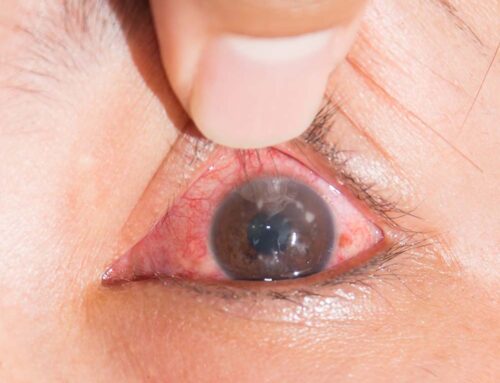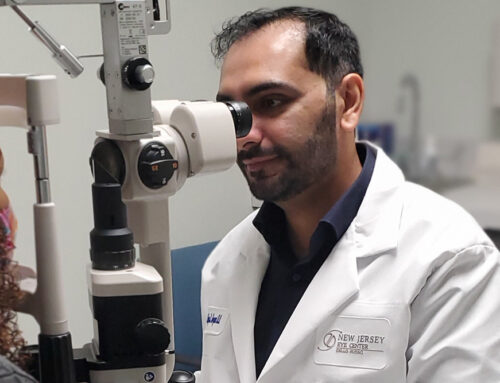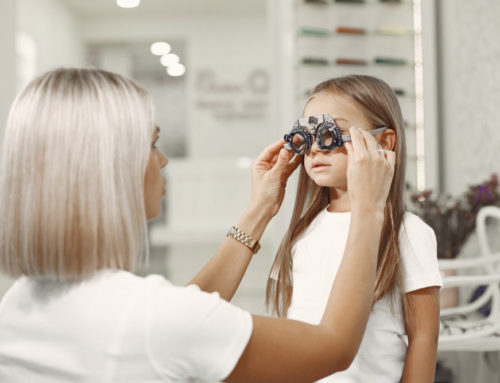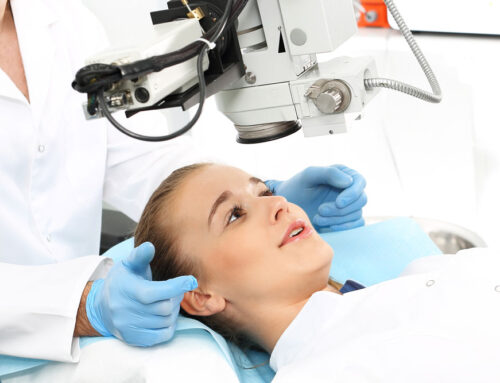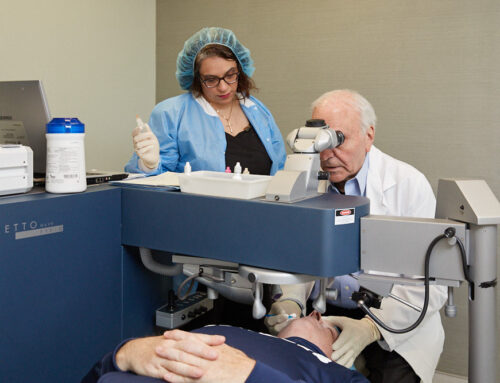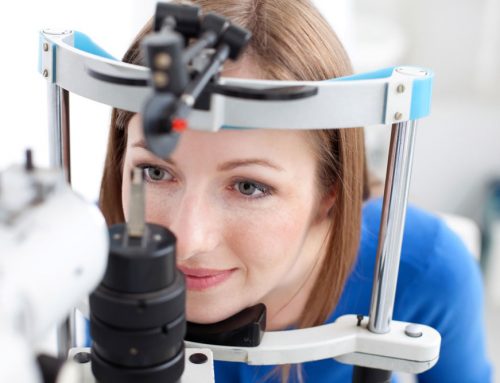
Think about how often you find yourself rubbing your eyes? For the majority of us, it is something we do on a regular basis. It’s a natural reaction whenever our eyes are sore or itchy. Rubbing can provide relief when we are tired and especially during the allergy seasons.
Our eyes need to remain hydrated. The act of rubbing them stimulates tears which provide the moisture they require. This in turn helps remove irritants, such as dust or grit.
Rubbing is also something which can be therapeutic. When we press on the eyeball, the vagus nerve is affected. This nerve is one of 12 which connect the brain to the rest of the body. When stimulated, it causes our heart rate to slow which helps relieve stress.
So with all these positives, why should we not rub our eyes? The answer is simple. When done too often, too hard, or for too long you could be causing potential damage to your eyes.
What damage can be caused?
With such a natural act, it seems unlikely you should have to consider how dangerous rubbing your eyes can be. A number of eye conditions can be caused or made worse. Some of these can have a devastating effect on our vision.
Dry eyes and itchy eyes
We sometimes don’t realise what it is that makes our eyes itchy. But one of the most common causes is dry eyes. Having dry eyes means that we automatically want to rub them to stimulate tear production.
Infection and contamination
Our hands are the dirtiest part of our body. They carry huge amounts of germs and bacteria. When you put your hands or fingers to your eyes, these microorganisms can pass across from them.
As a result, infections can spread. Conditions such as pink eye (or conjunctivitis), which is highly contagious, are easily contracted. When you have an infection in one eye, rubbing your eyes will quickly contaminate the second one.
Cornea damage
When you get a foreign object caught in your eye, the impulsive thing to do is try and get it out. Unfortunately, the way we instinctively want to do so is through giving the eyes a rub. All this does is cause the foreign body to scratch the cornea (the clear layer at the front of the eye).
Minor scratches should heal quickly and not cause any permanent damage. However, deeper scratches can lead to infections, scars, ulcers and other issues.
You might also want to read: How To Repair Your Cornea: Do’s and Don’ts
Pre-existing conditions
Any pre-existing condition can be aggravated by rubbing your eyes. Those suffering from progressive myopia (short-sightedness which is caused by a lengthened eyeball) may find that their eyesight worsens.
So too will those people with glaucoma. By applying extra pressure, the blood flow to the back of the eye is disrupted. This can result in nerve damage or, in the most extreme cases, loss of vision.
Keratoconus
One of the most worrying conditions that some individuals are susceptible to is keratoconus. Continual rubbing of the eye causes the cornea to wear away and become thinner.
When it is weakened, the cornea can move, pushing forward or bulging into a conical shape. Keratoconus is considered a serious condition that can distort your vision. In the most severe of cases, it may eventually require a cornea graft or replacement.
Unsightly appearance
If these eye conditions are not enough, there are other reasons why you should stop rubbing your eyes. They may not seem serious, but they are things that can change how the eyes appear.
Redness
The conjunctiva is the tissue which covers the whites of the eye and lines the inside of our eyelids. When the eyes are rubbed, the blood vessels in the conjunctiva can break. Inflammation is caused which results in redness and the appearance of having blood-shot eyes.
Dark circles
The skin below our eyes is very delicate. When the blood vessels in this area burst, it creates or worsens the dark shadows under the eyes. Those are the ones which we all try so hard to get rid of or avoid!
Loss of eyelid elasticity
We would all like to retain our youthful looks. However, rubbing your eyes too much causes the eyelids to lose their elasticity. This gives the eye a wrinkled look and the appearance of being older than it actually is.
How do I stop rubbing my eyes?
Rubbing your eyes is not something that any doctor would recommend you do. So why do it? Giving up is not nearly as difficult as you may think. There is no need to spend all day sitting on your hands to stop. Following these few simple instructions will ensure your eyes stay healthy.
To remove sleep from your eyes when you wake in the mornings, try applying a wet facecloth or warm compress. This will also help to relieve any itching or soreness.
One of the best ways to avoid touching your eyes is to keep them hydrated. Artificial tear eye drops can be bought over the counter and are a great way for the eyes to stay lubricated.
When you feel the urge to rub, use a couple of drops. The additional moisture will flush out anything which is causing the irritation.
When something is stuck in your eye, try flushing it out with artificial tears or a sterile saline solution. If this does not work, see your doctor straight away and let him/her remove the object for you.
Most importantly, make sure you wash your hands frequently. If you are unable to prevent yourself from rubbing your eyes, at least the chance of eye infection can be reduced.
Seek assistance from a specialist
In all instances, if eye dryness, itchiness or soreness persists, book an appointment to see your eye doctor. They will be able to identify the underlying cause of the symptoms. As artificial tears are non-medicated, you may require something additional to provide relief. Allergy or steroid drops may be prescribed to you.
If you already have sore, itchy or red eyes, rubbing will only agitate the problem. This in turn will make you want to rub them even more. So next time you bring your hands up to touch your eyes, hopefully you will resist the urge.
If you have any concerns about rubbing your eyes, contact us at the New Jersey Eye Center or walk in to have an eye exam.


